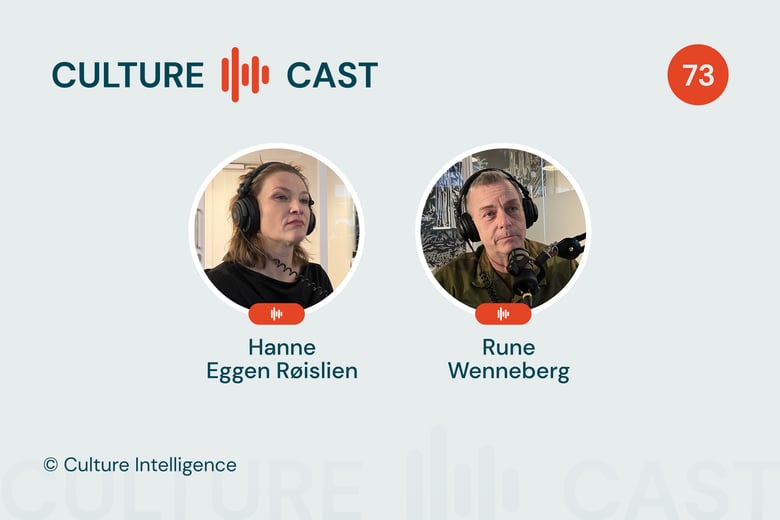In these companies, people are great with each other. They work together like a true team, like none could really stop them. They have no fear, they are so strong together that they walk in, shoulder by shoulder, and get at it. Big time. Leave none behind. Fredric LaLoux calls it the Teal organization. Brian Hall called it the self initiating organization, with servant leaders. Google calls it performing teams. MIT calls it great teams. I just call it great companies.
I read about the Navy Seals. They are trained to know and live that no man is left behind. Can you imagine knowing that whatever happens, your team is watching your back. They will come and pick you up. They will make sure you are part of the team even if you are down. This is the value of accountability, trust, care, empathy and a lot more. We can be trusted, we care, we affirm, we route on each other. Never, ever are we leaving people behind. It will be safe to fail, it will be ok to make a blunder or mess it up. Together we make it right again. It is not about being right the first time, its about making it right.
A great company has a tremendous way of exploring together. They live to find out, to find new ways and to make things change to the better. They test it. They test again. In a great company that is part of your role assignment to not be the best in the team but be the best for the team. I will ask you how many mess-ups you have done this month, quickly followed by what have you learned. Seeing new ways is not a talent, but a mindset, and can be trained for. New ways are risky. That’s why knowing you are picked up by your team is key. You have a safety-net, and you can dare to lead a mission to find out. You have to be willing to think what if… you have to have the curiosity tand drive to find out. My new ways have been many. My new ways probably started when I went to California as an exchange student. Not knowing where, to whom and how that would be for a year, at the age of 17. I think of it as putting yourself out there. Let yourself be sat in a foreign and unknown situation. See what happens. Explore the experience, thrive from the feeling that is went well. Not perfect, but it went well.
The next new way was picking up science as a major in university. I wanted to do physical therapy, as sports and sports team has always been my thing. But in sports you have to be great to make a living, hence I wasn’t and could have been a great physical therapist. I wasn’t accepted in the physiotherapy study, so switch to science, to gain points to may be be accepted next year. Putting yourself out there. No, didn’t get in, but wasn’t crushed by that either, for now I really enjoyed science, and picked up math and physics and chemistry, and did well. Next thing I new, the Norwegian aouthorities needed moe geopeople to their continental shelf. That would bring me a job internationally, yes, put myself out there. Loved the science, loved the people, the insights, the exploration of seismic interpretation. Its like unrapping something, you find great insights. Seeing patterns, understanding what is valuable and what isn’t.
So in great companies, we thrive from insight. We find out how things really are. We understand why and how, and can do the what. In insightful companies there is time to discuss, explore and share views and insights with others. It’s a given that your teem is willing to tell you their insights. Their personal views on how it really is, and what that means for them.
When I met Brian I was blown away with the insight and the integrity. The deep deep understanding of what went on in a person, and in a team. How much there was to understand, and to put in context. How much each one of us impact our teams without even knowing it. The deep footprint of who we are, that is unconsciously loading up towards others, in good ways and even bad ways. The scary stuff is that we sometimes even don’t know the impact we have on others, but others do. In great companies people know, they are aware of who they are, and they carefully monitor how they use their different values and mindsets. They have taken the tacit and made it explicit. When Brian introduced me to the insights of people and teams, it changed my life. I understood how little I really understood, and how important it was to get this right and really understand what was and what is going on.
Last and most important is to co-create. not just collaborate, but co-create. Build partnerships, share your insights, point in different directions, explore new ways. But do it together, and make something that none of you could have done alone. Creation is daring to put yourself out there, make sure you stand straight up and take the risk of being vulnerable and unpopular. It does not really matter, because in great companies, there is a willingness to be unpopular. It is not a sign of bad attitude, it is a sign of insight, integrity and grit.
My north star is to build great companies. Where people can do all this. People who know who they are, have a strong sence of how they impact others and have a conscious and authentic approach to business. They build by relating. They trust by sharing. They cocreate with risk willingness and they are always, always to be depended on. In a braod way, people with values insight and integrity in their leadership will thrive in great companies. Others will either be scared or give up.
The great companies will feel safe and be happy together. But being safe and happy is not enough, great teams also need meaning and impact. In our map the first three mindseta are about being safe having friends and achieving together. Like Amy Edmondson defines it, having psychological safety. But in the Google aristotles project they documented that this was not enough. Teams needed to feel meaning in what they did, feel that their work was important for someone or something. And they needed to have an impact, feel a sence of importance and relevance. Great companies create this meaningful vision together. Ours is to create great teams where people experience this meaning and relevance, and develop themselves, their team and their company. That this sis part of the job, and their life story.
In my life I have been in a few really great teams. The first one was the handballteam at highschool. Playing competitive handball gave me a great expeience of guts, grit and gearing up when needed. If was physically hard, and risky, but not risky in a teamsence. My exploration team in Exxon was great, looking for oil in the Barents sea where no one had looked before was a highly creative, imaginary co-creating work that was incredibly rewarding in a scientific way. We could put all the pieces together an make or minds up on where the oil could possibly be. Unfortunately, the Americans did not want to drill where we pointed, in first round. Later I learned that the exact same licences had been picked up by Statoil, and their work had not been in vain. One day an old college from the Barents sea team called me up and told me that they were just about to drill down in the reservoir where we had identified a prospect ten years earlier, and the next day the press release announced they had struck oil!
Not so great teams we all recognise, even if we not always put our finger on what the reasons are. Not so great teams in my life has been one of two; one where a collegue does not want to share and cocreate. In my first company my cofounder had a strong insight that she was way better than me, and could not afford to possibly share everything with me. Eventually the teamwork ended and the company went broke.
The north star for culture intelligence is to make it possible for all leaders to build great companies. By providing insight, clarity of values, how they link people and business together and what to stretch towards is the key. We will explore, find new ways and make it easier for leadrs and teams to see for themselves. Get rid of the assumptions, the hopes and the dreams about who they are. Replaceit with data, showing them who they are together, and what that means. We are here to build tech that will make it possible for leaders to see, get the data, analyse the data, look at the data together and then make decisions obn the way forward. When we empower leaders to step u in this way, they will see further ahead, they will make better decisions on their business diemmas and they will make the environment a part of their business approach. Aligning eachouther with the business idea and the holistic environment becomes one, because there is only one planet to concider, and we need to get it right. I believe that when leaders know who they are, and see themselves, they get that. Revealing the system to itself is a philosophy from systems theory. We will be that partner with the tech system that make that possible.



